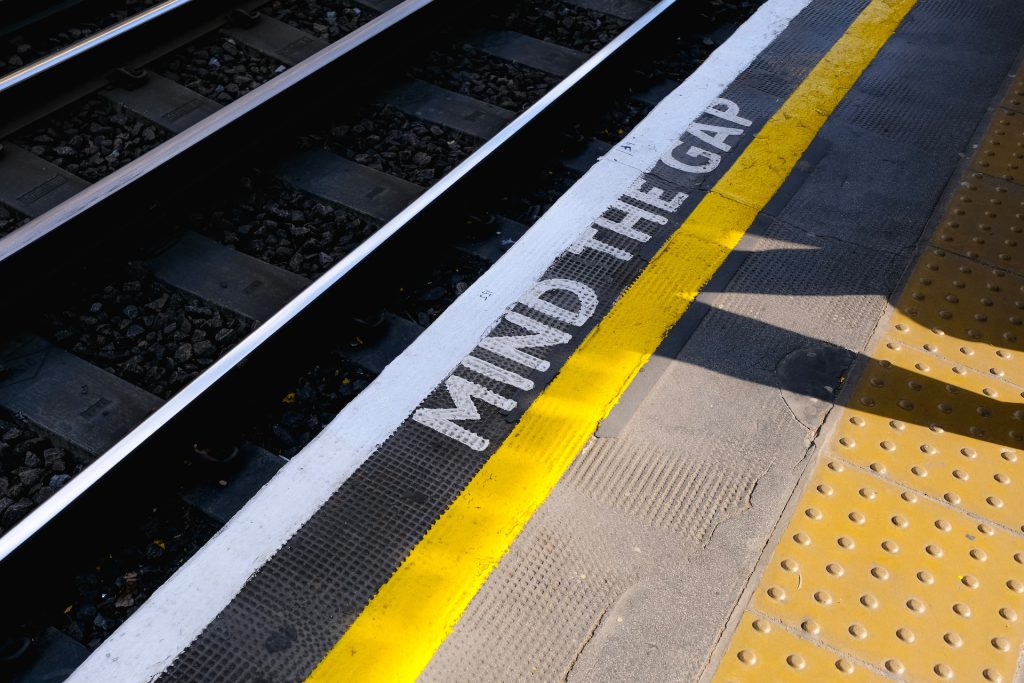Tips on Travelling by Train in the UK with a Disability

Collaborative Post
Getting from one place to another can be complicated for those with a disability. If you’re travelling by car, you might need a vehicle with special modifications. If you’d prefer public transport, then taking the train occasionally might be just about unavoidable.
Travelling on the UK train network
Operators on the UK’s rail network offer a number of features that seek to cater to the needs of disabled people and the elderly – but the support isn’t always comprehensive, and it’s worth forearming yourself with a little bit of knowledge about what to expect.
Passenger Assist
Passenger assist is a special service designed to cater to passengers with particular needs. It involves specially-trained railway staff showing up to make sure that the passenger is able to navigate the station, board and disembark the train, and deal with luggage.
You can contact Passenger Assist via phone, text, or a special app. You’ll get a confirmation email in return, so you can remember the details on the day you plan to travel. With the help of this service, it’s possible for disabled people to enjoy a newfound level of independence and self-sufficiency.
Wheelchairs on Trains
Getting to the train platform on a wheelchair (or any other mobility device with wheels) can be difficult in certain historical stations which haven’t yet been brought up to modern standards. For the most part, you can expect plenty of ramps, and flat surfaces.
Aboard the train, you can usually expect space for a wheelchair of 700mm x 1200mm – some older trains might not provide this much space, however. It’s always worth checking in advance whether the train in question can accommodate you. In most cases, wheelchair spaces are accompanied by seats for companions.
Discounted tickets
Disabled people are often entitled to substantial discounts on their train travel, thanks to the Disabled Person’s Railcard. If you have a hearing or visual impairment, or receive the Personal Independence Payment or the Adult Disability Payment, then the chances are very good that you could get a third off your travel costs. It’s worth checking the full list of eligibility criteria before making any assumptions.
The sunflower lanyard
If you’re concerned that rail staff won’t be able to recognise you as disabled, then you might wear the Hidden Disabilities Sunflower lanyard. Sufferers of Long Covid, Lupus, MS, or epilepsy might consider making their condition known via this lanyard. It’s a great way to volunteer the necessary information without having an awkward conversation with rail staff. The people who work on trains will be able to recognise the lanyard and help cater to the needs of the person who wears it.
Image licensed under the Unsplash+ License

